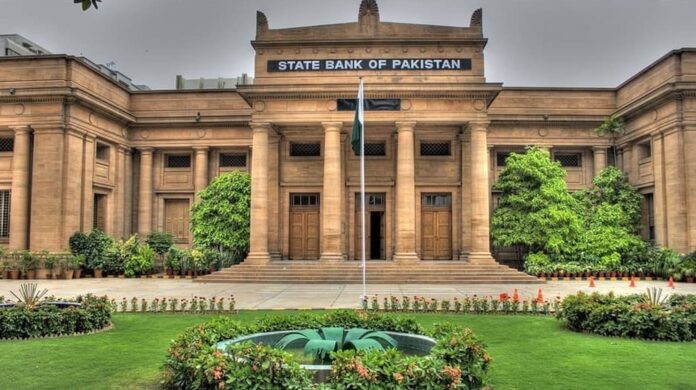The National Assembly’s Standing Committee on Finance has once again called upon the State Bank of Pakistan (SBP) to provide detailed information about individuals who availed of subsidized loans under the Temporary Economic Refinance Facility (TERF). The committee raised concerns over the allocation of loans primarily to affluent individuals and demanded transparency regarding the beneficiaries of these interest-free loans, amounting to $3 billion. As discussions intensify, the committee also seeks clarification on the approval procedures and oversight measures for these concessionary loan schemes.
The Issue Read to TERF Loans Initiative
Under the TERF initiative, the SBP allocated approximately Rs. 787 billion for new machinery imports. The committee expressed concern that a major portion of these funds was directed to a select group of 600 individuals, raising questions about equitable distribution and inclusivity in accessing the loans. The committee chairman pointed out the apparent imbalance in loan allocation, suggesting that the central bank favored the wealthy over other potential beneficiaries.
Governor Jameel Ahmad clarified that the TERF initiative aimed to create job opportunities and stimulate economic growth. Out of a total of 629 projects, 469 were operational, 89 were partially operational, and 62 were expected to be operational by June 2025. The initiative was projected to generate approximately 194,300 jobs and Rs. 11 billion in revenue through export earnings and import substitutions in the coming years.
Transparency Concerns
The committee demanded a comprehensive delineation from the SBP regarding the approval procedures and norms associated with concessionary loan schemes like TERF. It voiced concerns about potential deviations, where loans meant for industrial machinery installation might have been redirected toward real estate investments. The committee emphasized the importance of ensuring loans were utilized for their intended purposes to foster economic growth and export enhancement.
The lack of follow-up oversight by the SBP regarding loan utilization also raised alarms. In response, Governor Jameel Ahmad clarified that the sanctioning of concessional refinancing adhered to the provisions of the SBP Act, 1956. The SBP played no role in selecting borrowers or disbursing funds; instead, banks or Development Finance Institutions (DFIs) assumed the total credit risk. The governor reiterated that banks and DFIs were obligated to exercise due diligence in disbursing finances to borrowers, ensuring compliance with the intended use of funds.
Also read: SBP Directs Banks to Transfer EDS Deductions to Central Bank

























